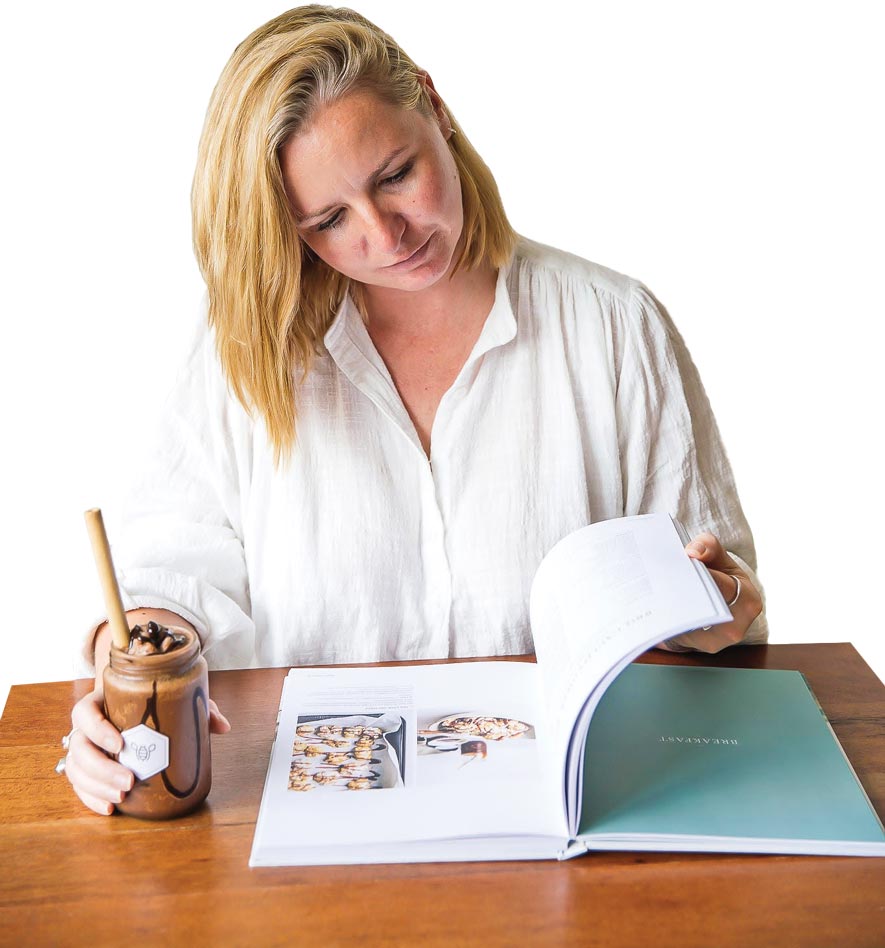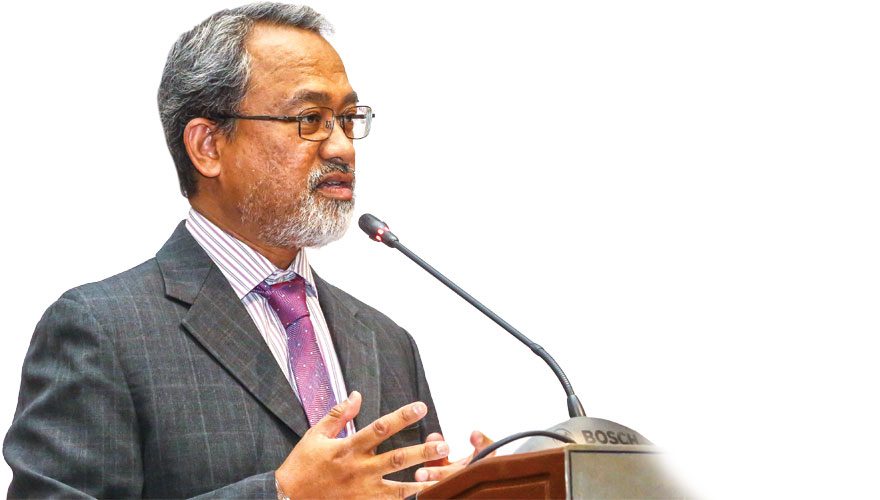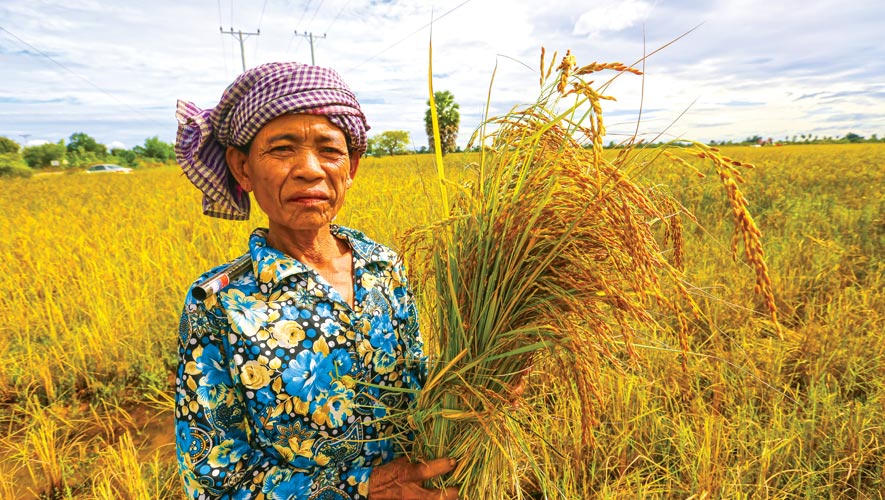
Competition for market share among retail chains has been tough on a global scale, and it is none too different in Cambodia.
For the latest Cambodian Business news, visit Khmer Times Business
International brands in Cambodia such as US-based KFC and Starbucks share the market with regional brands such as Thai brands Cafe Amazon and Coffee Today, and homegrown Brown Coffee Co Ltd and Park Cafe Food & Beverage Co Ltd.
Park Cafe managing director Heng Sengly says that competition in the cafe sector is more tough compared to other food and beverage segments.
“Every year, we see new players in the market while existing players continue to expand. However, there is still room for growth,” says Sengly.
Owner of vegan restaurants, Vibe and Backyard, Emma Fountain echoes a similar opinion.
“Although I cater to a niche market, I face competition, which has been steadily growing over the years,” she tells Capital Cambodia.
This year has been particularly challenging for the industry, Sengly and Fountain say.
Cafe Amazon, owned by Thai state-owned PTT Public Co Ltd which is listed on the Thai Stock Exchange, has some 150 branches in Cambodia. As of last year, Coffee Today has 45 stores in the country. Sengly says that coffee and bakery business model may not be a sustainable business model in the long run.
Setting itself apart from competitors
To stay ahead of competition, Park Cafe realigned its business model by localising its menu. This has created a new local cafe culture among the middle income group.
“We design our menu for the local palette. The Khmer diet consists of soup noodles or rice meals, and the dishes are reasonably priced,” Sengly says.
He finds that his menu option is being slowly adopted by other players in town.
Fountain has noticed that some 35 percent of customer base comprises locals.
“The number is growing and I am positive that we will see more locals enjoying vegan food in years to come,” she adds.
Demand for plant-based meals has been rising among tourists who patronise Vibe in Siem Reap whereas expats are commonly seen at the cafes, both Vibe and Backyard, in Phnom Penh.
With the uptrend, Fountain is confident that the vegan market will remain sustainable in future.
Cross-border expansion, investment
Park Cafe has 15 branches, 10 of which are owned outright by Park Cafe, and the rest by individuals who invest up to $200,000 and pay five percent annual royalty per outlet.
The return on investment kicks in 1.5 years to two years later, depending on the location.
Fountain says her cafes have recorded profitable returns within seven months to a year due to the growth in demand from the expat community.
The downside of additional players amid an expanding economy is the rising rental rates.
“We pay $4,000 to $6,000 for rent depending on the location. Prime locations cost the most,” says Sengly.
Having said that, requests to set up Park Cafe outlets have been pouring in from Sihanoukville, Battambang and Kampong Speu.
But the company has been stringent with the approval process where it takes into account the experience and eligibility of the applicants.
“Lack of experience could pose a risk on the sustainability of the cafe. Our vision is to open more outlets on our own instead of selling licences.
“We only approve applications if they are worthwhile,” he adds.
On the other hand, Fountain welcomes the idea of franchising both brands after positive feedback from the sector.
Interested foreign parties need to invest $20,000 per outlet to open branches overseas.
“I would like to expand the brands across the region before moving to US and Europe,” she adds.



